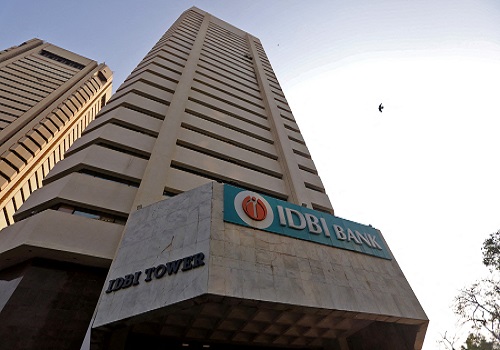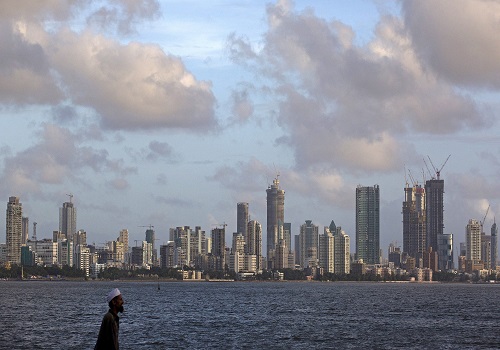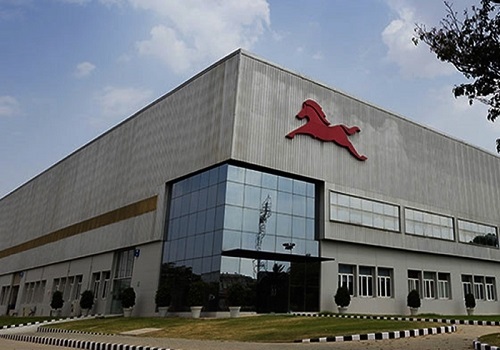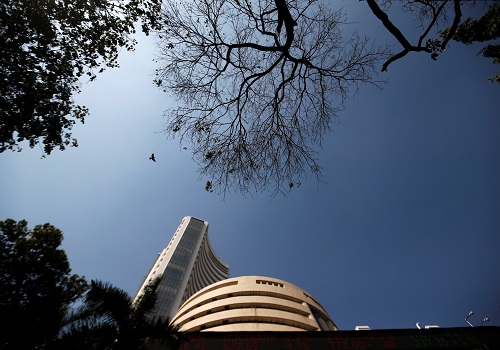India set to miss divestment targets by more than half this year

Follow us Now on Telegram ! Get daily 10 - 12 important updates on Business, Finance and Investment. Join our Telegram Channel
India will struggle to raise even half the proceeds it had targeted from planned sales of state-run firms this year and will miss divestment targets for the fifth straight year, sources said, as elections shift government priorities.
The government may fall short of its divestment goal by 300 billion rupees ($3.60 billion) in 2023/24, two government sources told Reuters. New Delhi had targeted 510 billion rupees from divestment proceeds for the current fiscal year that ends March, 2024.
In 2023/24, about 300 billion of the 510 billion rupees target was expected through stake sales in IDBI Bank and the privatisation of state-owned NMDC Steel.
However, delays in vetting of interested buyers for IDBI by the Reserve Bank of India, the banking regulator, have stretched the sale timeline beyond the 2024 federal elections.
The sale of NMDC Steel will not conclude this year due to state elections and federal elections next summer. The company's main plant is in the mineral rich state of Chhattisgarh, where it is a major employer and unions have protested the sale.
While it may still achieve some smaller divestments in the current fiscal year, it would still be well short of half its overall target.
Prime Minister Narendra Modi's government has not been able to follow through with plans to sell companies in a slew of sectors including steel, fertiliser and oil and gas since 2019, hampered by issues such as land ownership and union opposition.
The finance ministry did not immediately respond to requests for comment.
"No privatisation will take place in this tenure of the government," said Subhash Chandra Garg, former federal finance secretary. "Forget divestment and privatisation for next six months because of lack of political interest in privatisation policy."
So far this year, the government has received 80 billion rupees through stake sales, according to government data. Some of the shortfall in the current year's target would be offset by higher dividends paid by state-run firms to the government, the first source said.
Strong profits and steady demand have allowed these firms to give higher dividends.
The government expects to surpass its 430 billion rupees dividend target and has so far received 203 billion rupees from state-run firms.
"As long as the government is meeting its fiscal targets and there isn't a shortfall, missing divestment targets is fine," said Rahul Bajoria, an economist at Barclays Investment Bank.
The privatisation delays will not impact the government’s fiscal deficit target of 5.9% of GDP, a third government official said.
The government has only managed to sell minority stakes in five of its companies through so-called offer for sales via stock exchanges, despite Indian markets hitting record highs this year. An index of state-owned entities touched an all-time high of 13,242 on Nov. 16.





.jpg)

















